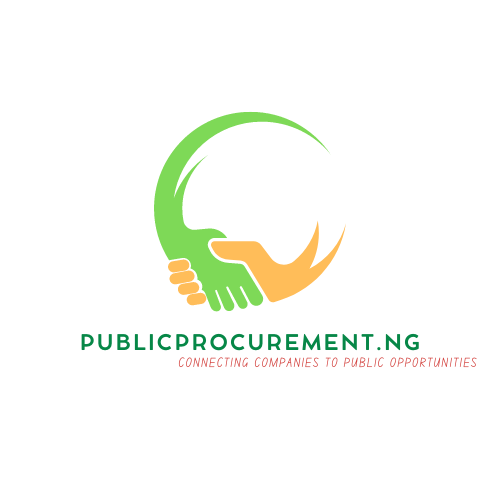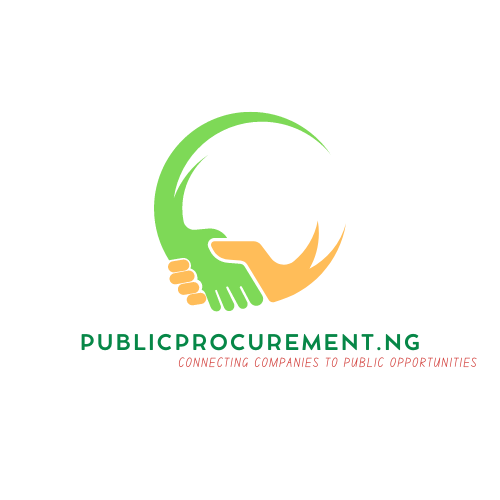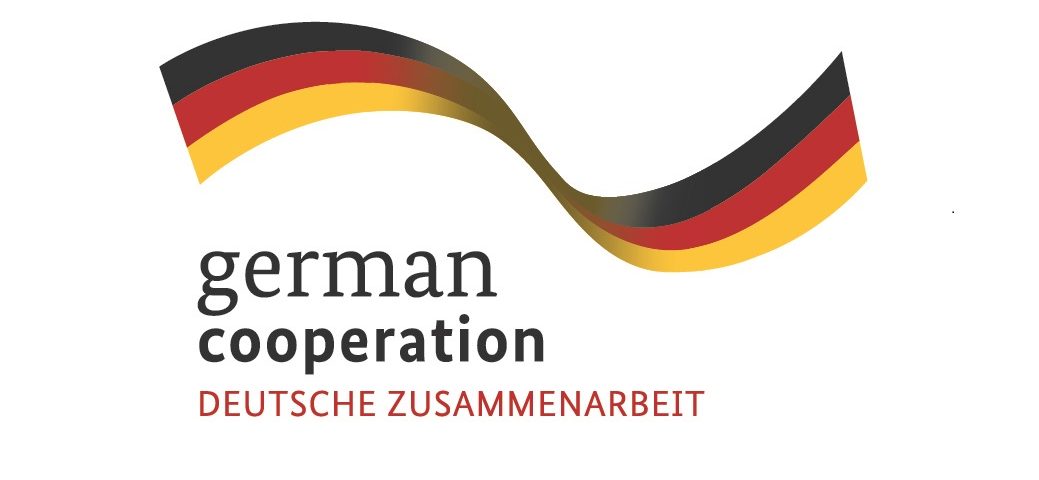CONSULTANT /PROTECTION AND COUNTER TRAFFICKING MAINSTREAMING) MHPSS
CONTEXT:
Humanitarian actors have a shared responsibility for mainstreaming protection across the Joint Response Plan (JRP). Sectors and partners are responsible for ensuring activities within the scope of their sectorial response plans integrate protection principles and standards. In line with the 2020 JRP and the objective of ensuring age, gender, and diversity approaches, and in order to facilitate the process of protection mainstreaming across the response, the Protection Sector will institute Protection Mainstreaming Focal Points. Through joint engagement between Protection Working Group (PWG), The PWG Task Team (PWG TT), and the Protection Mainstreaming Focal Points (PM FPs), efforts will be scaled up to integrate protection principles into the delivery of assistance and services so that Sectors and service providers can ensure response activities target the most vulnerable, enhance safety, dignity, and promote and protect the rights of the beneficiaries in line with the “DO NO HARM” principle and without inadvertently contributing to, or perpetuating discrimination, abuse, violence, neglect and exploitation. With the above objective in mind, Protection Sector aims to provide guidance, trainings, and technical advice on protection mainstreaming to Sector staff and Sectorial partners through Protection Mainstreaming Focal Points who will be guided by the PWG Task Team in actively supporting and engaging with existing Sectors.
During displacement majority of the crisis-affected people have experienced extreme violence, and loss of family members, social connections, and property; they have accumulated and protracted stress, and are suffering from a deterioration in living conditions, a disruption of pre-existing protective mechanisms and a lack of access to essential services, such as health and education. Displaced populations face grave protection risks and violations such as exploitation and abuse, arbitrary and extended detentions, family separation, restrictions on freedom of movement and insecurity.[1] Vulnerabilities are seen exacerbated by pre-existing and emergency induced mental health and psychosocial problems faced by the affected population. This is particularly true in terms of the most vulnerable sub-groups of the population, including the elderly and chronically sick, persons with physical and mental disabilities, female- and child-headed households, unaccompanied and-or separated children, adolescent boys and girls, pregnant and/or lactating women and people returning from captivity. Also, there is a growing body of evidence demonstrating that humanitarian crises, such as armed conflicts, natural disasters, and protracted unrest, can lead to an increase in Trafficking in Persons (TiP). This is especially true in the context of largescale internal and/or cross-border movements. TiP is a grave violation of human rights and a serious crime in international law and Nigerian national legislation. Through deception, coercion, physical or psychological threats, or the abuse of their position of vulnerability, victims of human trafficking may be exploited in various forms including, but not limited to, forced labour, begging, organ removal, sexual exploitation, or forced marriage.
Core Functions / Responsibilities:
- The Protection Mainstreaming expert will be the referral point within the Unit and regularly attend Sectorial meetings and provide needed insights and support on mainstreaming protection (act as a catalyst)
- In consultation with the Protection project officer, ensure timely responses and feedbacks to questions presented by Sectors
- Based on the established training modules / materials, conduct trainings to Sector staff and partners. Identify needs of capacity building and inform identified needs to the Protection Project officer
- Provide insight to the MHPSS Programme manager on key strategic activities/approaches based on engagement with the Sectors as well as identify challenges where targeted support is required.
- Implementation of PM workplan established by the MHPSS/Protection Unit.
- Protection mainstreaming expert will track the mainstreaming work plan and produce progress report to the MHPSS Programme Manager
- In coordination with the Protection Project Officer and GBV project officer, engage in the development of key guidance notes which contributes towards programming of the Unit response for the different donors
Realistic delivery dates and details as to how the work must be delivered.
The expected deliverables will
Contribute in establishing comprehensive prevention and risk mitigation model based on main findings from a data collection system with indicators, to enable identifying patterns, trends, and conduct more rigorous evaluation of prevention programme in the north east of Nigeria.
4th month of the consultancy
To improve and define set of protection indicators that can be integrated with information tracking system that will help identify and analyze the determinants and risk factors of protection concerns, while adapting MHPSS planning and programming aimed at strengthening knowledge management among displaced persons in Northeast Nigeria.
3rd Month of the consultancy
Conduct one protection assessment to identify protection risks, threats, contributing factors, gaps in available services and understand coping strategies that exists.
2nd Month of the consultancy
Draft a comprehensive document that will analyze risks from the data collected and develop a wider range of strategies and activities that will reduce protection risk, threats, vulnerabilities and increase capacities. Including a chapter on systematization of statistics available.
4th Month of the consultancy
Put in place a comprehensive protection strategy (including CT in crises and GBV) on prevention, protection, and prosecution in response to the needs of the affected population in NE Nigeria.
4th and 5th Month of the Consultancy
Strengthening data and information-sharing (particularly amongst law enforcement and protection sector actors), while evaluating and strengthening existing tools to foster due diligence; Protection strengthening capabilities that identify, assist and protect population vulnerable to human trafficking and other threats in conflict.
3rd and 6th month of the consultancy
Establish an evaluation strategy Systematic work with Best Practice and Lesson Learned connected to capacity building. Systematize the training of law enforcement bodies and other trainings conducted in protection mainstreaming.
The consultant should integrate a gender analysis of survivors and identify areas of improvement to improve identification and detection of victims, as well the referral mechanisms
5th Month of the consultancy
Coordinate the implementing in the field/AoR the mainstreaming of protection key messages and strategies for all initiatives, current and pipeline.
Support the protection team, in coordination with relevant project management team in the Area of Responsibility (AoR), in protection mainstreaming planning and integration in the project implementation activities in the field.
Participate in the Protection cluster, Anti trafficking task force and other working groups or related AoR mechanisms on Sexual Gender-based Violence (SGBV) prevention including Protection for Sexual Exploitation and Abuse (PSEA) and Inter Agency Standing Committee (IASC) guidelines, and counter-trafficking.
Take part in the protection team’s periodic as well as ad hoc meetings for the project and relevant counterpart mechanisms.
Assist in the development and facilitation of mandatory protection training (e.g. PSEA, CT in crisis etc) for all project/field staff, consultants, and local partners.
Undertake duty travel to project AoR to provide support and quality checks to field colleagues and implementation progress. Propose measures that will improve efficiency and quality of project implementation.
1, 2,3, 4, 5 month of the consultancy
Tangible and Measurable Output of the Work Assignment:
1- Define set of protection indicators that can be integrated with information tracking system that will help identify and analyze the determinants and risk factors of protection concerns, while adapting MHPSS planning and programming aimed at strengthening knowledge management among displaced persons in NE Nigeria
2- Conduct one protection assessment to identify protection risks, threats, contributing factors, gaps in available services and understand coping strategies that exists
3- Draft a comprehensive document that will analyze risks from the data collected and develop a wider range of strategies and activities that will reduce protection risk, threats, vulnerabilities and increase capacities. Including a chapter on systematization of statistics available
You need to be logged in to view the rest of the content. Please
Log In. Not a Member?
Join Us







